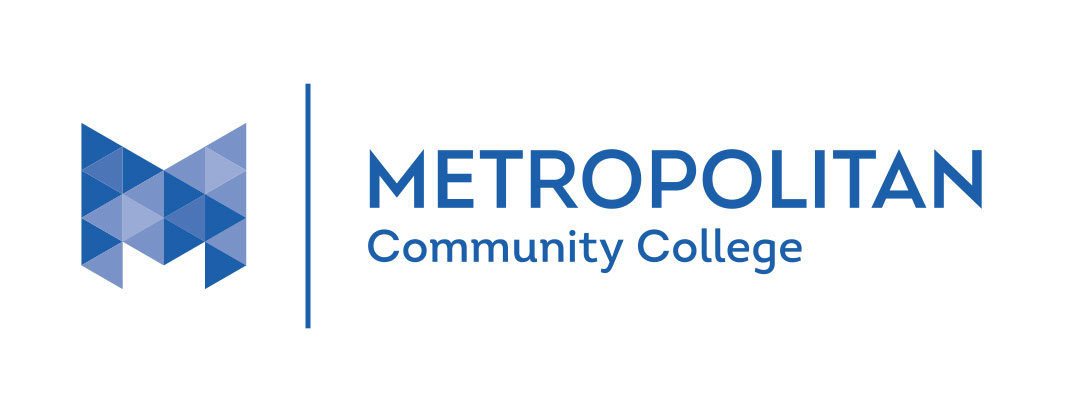Student Conduct & Readmission
Expectations, disciplinary action and processes
The purpose of the Student Code of Conduct is to define the general standard of conduct expected of students, provide examples of conduct that may be subject to disciplinary action by the College, provide examples of disciplinary measures that may be imposed, and set out the process and procedures that the College will follow when an allegation of academic and non-academic misconduct is made. Students are expected to be aware of, and to conduct themselves in accordance with this Code. Any conduct on the part of a student that has, or might reasonably be seen to have an adverse effect on the integrity or the proper functioning of the College, or the health, safety, rights, or property of the College or its members and visitors, is subject to discipline under this Code.
The following conduct is subject to disciplinary action when it occurs on College premises, or in connection with a College course or College documents, or at a College-sponsored activity:

